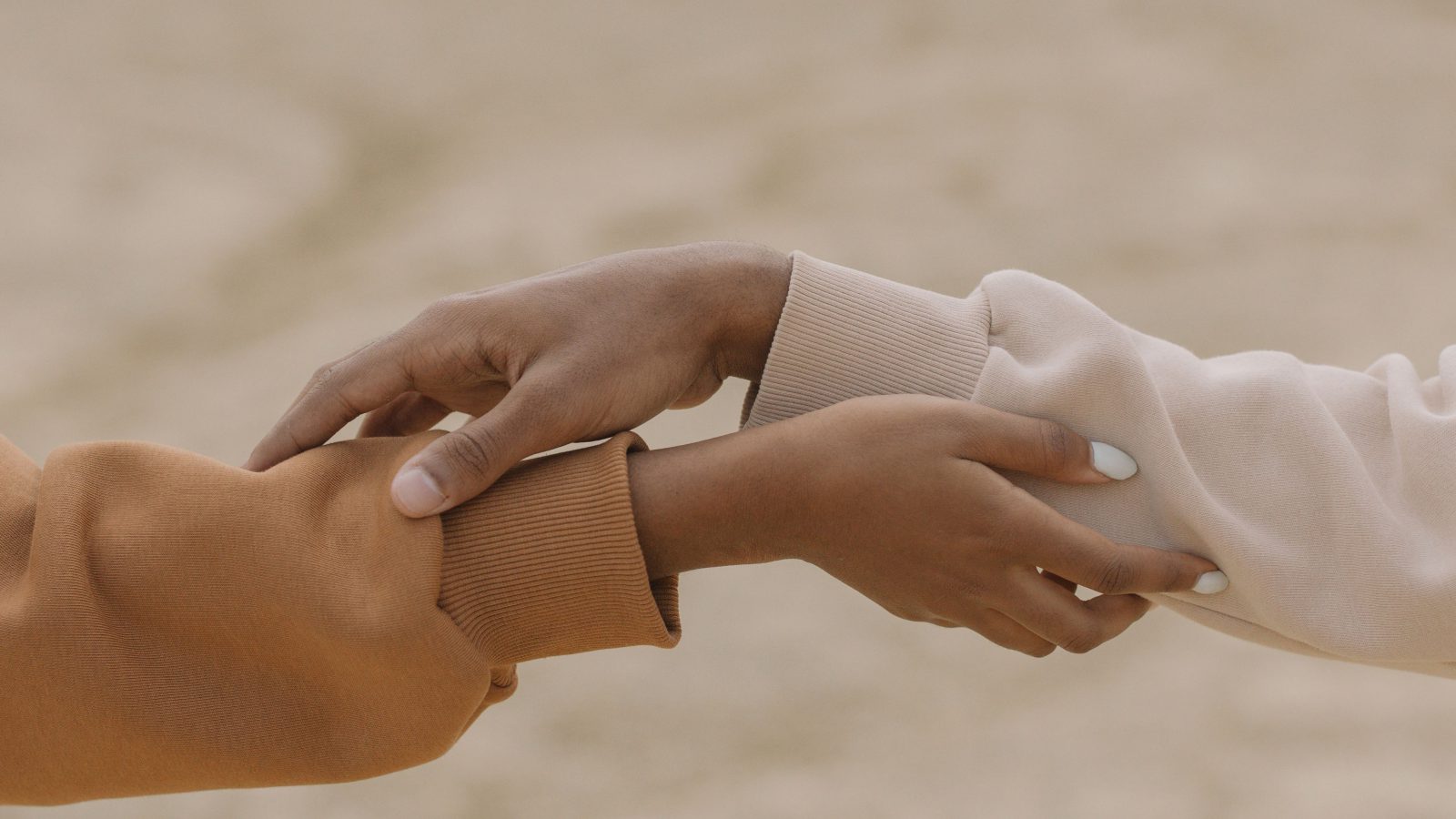Navigating through times of tremendous complexity & change
We are witnessing the unfolding of an unprecedented series of events, from the global COVID19 pandemic to displays of systemic racial injustice in the United States. These times are filled with uncertainty and ambiguity. And each day seems to bring more change and more complexity.
Self-compassion & expanding consciousness
So many of us care so deeply for what is going on in the world and want to positively affect change. Yet how do we find our own answers, navigate through complexity and not burn-out? How do we find the creative ways to work with these paradoxes?
Engaging in practices that expand our ability to be with these polarities offer us new possibilities to interact with the world and ourselves. These practices also help us develop a stronger internal guidance system and a new way of sensemaking. They require us to slow down and turn inward. And to allow ourselves to stop ‘doing’ in order to enter a new way of ‘being’. With the pressures of our lives that we feel (and that we put on ourselves), that can be quite a revolutionary act. An extraordinary act of self-compassion and leadership.
During the pandemic, I’ve been joining breathwork facilitator and FREQUENCY co-founder Vivian Rosenthal for her breathwork sessions Saturday mornings. She brings together a diverse group to sit in community and breathe with each other — allowing us to go deep within ourselves, beyond our adrenaline, our busy minds, our need to control, to a deeper space beyond — a return to self, to each other, to love. And in order to get there, she moves us through a primal scream to release the pent-up anger, frustration, sadness — or whatever other emotions we might be feeling — for ourselves, for the collective. It’s been one of the most effective ways I’ve found to do a reset and move through my dense thought patterns to achieve clarity and a deep inner sense of spaciousness. It’s also a gift to do practice with others — it provides accountability (how many of us have good intentions but fail in execution)? It lets us know we are not alone (many of us ‘know’ this but might feel differently sometimes). And the collective space helps us see what others are working through so we may widen our lens of what’s going on, building empathy and understanding.
I can’t help but believe that we could change the world if we’d all cultivate these practices of designing more intentional moments as we transition throughout the day. Even if we’re only moving from one room to the next to ‘go to the office’, how would this allow each of us to hold more complexity, be more empathetic and kinder towards others? And how might this ripple effect move through our lives, from school-children to senior corporate leaders and through different communities?
Let’s take this invitation to go deeper with ourselves and with others and see how we can evolve our world together.
Read the full post here.

